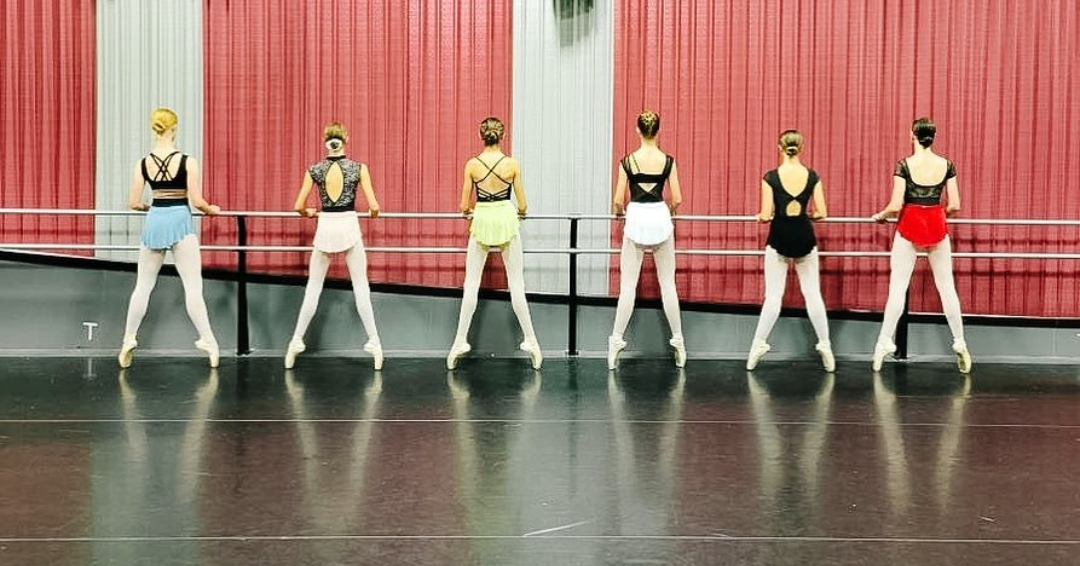Hello Dancers & Parents! When it comes to choosing a competition dance studio, it’s crucial to ask the right questions. Not only does this ensure a good fit for your dance aspirations, but it also helps you understand the studio’s approach to training and development. Here are some key questions to consider:
1. Do you have marley floors?
A competition dancer spends over 12 hours a week dancing, often in bare feet. The studio’s use of a sprung subfloor covered with marley is crucial for traction, slip resistance, and shock absorption to prevent accidents and injuries.
2. What is the studio’s philosophy on competition?
Understanding the studio’s approach to competition reveals its values and goals. Ensure their philosophy aligns with your aspirations as a dancer.
3. How many hours of ballet versus other styles are required?
Ballet forms the foundation of dance training. Ensure the studio maintains a balanced one-to-one ratio of ballet to other styles, avoiding excessive emphasis on team classes at the expense of ballet training.
4. Are strength and conditioning classes offered?
Balance is key. Core strengthening, conditioning, and barre work are essential for a well-rounded training program, contributing to overall development and injury prevention.
5. How many dance competitions and conventions do you go to each year?
Gain insight into the financial commitment required. Competitions and conventions involve entry fees and additional costs. Conventions, though pricier, offer invaluable learning experiences with world-class instructors, new dance styles, choreography, and audition practice.
6. How many team dances will a company dancer typically in?
Understand the financial aspect by knowing the number of group dances a company dancer will be required to participate in. Entry fees can range from $50 to $80 per dancer plus costumes for each dance can add up over the course of a season.
7. What’s the average price of costumes?
Costume expenses vary widely and can reflect the studio’s nature. Understanding the approximate cost range helps in budgeting accordingly.
8. Are there opportunities for additional workshops or masterclasses?
Workshops or masterclasses with guest instructors enrich the learning experience. Knowing if these opportunities are available enhances the overall training.
9. What is the studio’s policy on attendance and missed classes?
Understanding the studio’s expectations regarding attendance and their approach to missed classes aids in planning your schedule and meeting the studio’s requirements.
10. How late do classes run?
As students progress in age, classes tend to start later and conclude later in the evening. Be aware of the schedule adjustments required, especially for teens and seniors, as classes may extend after 9 pm.
Asking these questions ensures you make an informed decision when selecting a competition dance studio, setting the stage for a fulfilling and successful dance journey.
